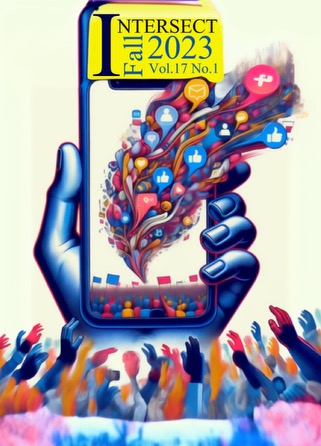Technology in Mental Health Treatment: A Review of Teletherapy, Mobile Health Apps, Virtual Reality, and Artificial Intelligence
Abstract
This article provides a comprehensive review of the use of technology in mental health treatment, focusing on teletherapy, mobile health apps, virtual reality, and artificial intelligence. The review examines the effectiveness, benefits, and limitations of each technology and highlights the implications for future research. The findings demonstrate that teletherapy enhances access to mental health services, mobile health apps offer convenience and support, virtual reality interventions show promise in reducing stress and anxiety, and artificial intelligence aids in diagnosing and understanding mental disorders. However, further research is needed to assess long-term effectiveness, address privacy concerns, and enhance app content quality.
Downloads
Published
Issue
Section
License
Copyright (c) 2024 Intersect: The Stanford Journal of Science, Technology, and Society

This work is licensed under a Creative Commons Attribution-NonCommercial-NoDerivatives 4.0 International License.
Authors who publish with this journal agree to the following terms:- Authors retain copyright and grant the journal right of first publication with the work simultaneously licensed under a Creative Commons Attribution License that allows others to share the work with an acknowledgement of the work's authorship and initial publication in this journal.
- Authors are able to enter into separate, additional contractual arrangements for the non-exclusive distribution of the journal's published version of the work (e.g., post it to an institutional repository or publish it in a book), with an acknowledgement of its initial publication in this journal.
- Authors are permitted and encouraged to post their work online (e.g., in institutional repositories or on their website) prior to and during the submission process, as it can lead to productive exchanges, as well as earlier and greater citation of published work (See The Effect of Open Access).

